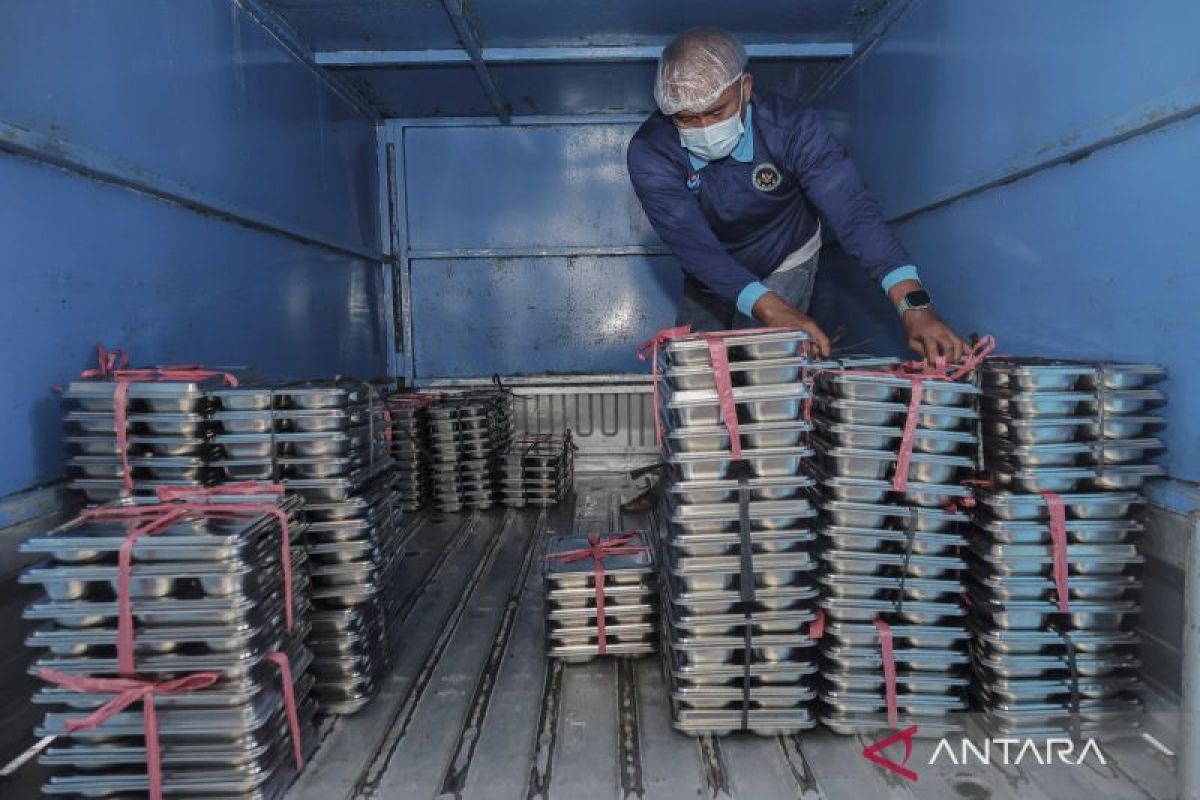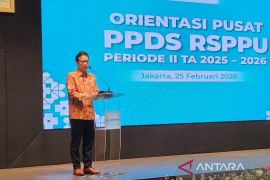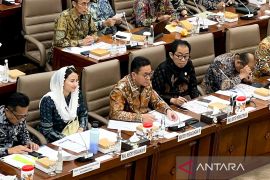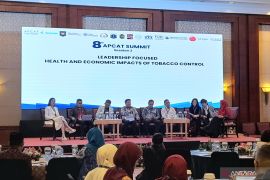Minister of Health Budi Gunadi Sadikin announced that all MBG kitchens—known as Satuan Pelayanan Pemenuhan Gizi (SPPG)—will now be required to obtain three key certifications: the Sanitation Hygiene Eligibility and Certificate (SLHS), Hazard Analysis and Critical Control Points (HACCP) certification, and halal certification.
“These three certifications will be complemented by additional recognition from the National Food and Drug Authority (BPOM),” Sadikin said in Jakarta on Thursday.
He added that the Ministry of Health, BPOM, and the National Nutrition Agency (BGN) will collaborate to carry out the certification process.
Sadikin noted that the government is working to accelerate implementation to ensure the process is efficient, high-quality, and free from excessive licensing costs.
He further explained that HACCP certification ensures the safety and quality of food processing facilities, while SLHS focuses on the qualifications and hygiene practices of personnel involved in meal preparation.
According to the Food and Agriculture Organization (FAO), HACCP is a science-based system for food safety and quality control that monitors biological, chemical, and physical hazards throughout the entire production chain—from sourcing to consumption.
In addition to certification, the Ministry of Health, Ministry of Home Affairs, and BPOM will conduct weekly external inspections to reinforce internal oversight by the National Nutrition Agency.
Quoting the Head of the National Food Agency, Sadikin said various standards are used to assess the quality of raw ingredients.
“We also discussed the importance of water quality in determining food safety. This aspect will be monitored daily by the National Nutrition Agency,” he stated.
The Ministry of Health has also coordinated with the Ministry of Primary and Secondary Education to strengthen supervision at the recipient level, leveraging existing School Health Units (Unit Kesehatan Sekolah/UKS).
With approximately 450,000 schools under the education ministry’s jurisdiction, Sadikin emphasized the importance of basic food safety education and awareness at the school level.
“At the very least, once the food arrives, we can teach students to check: has the color changed, does it smell odd, does the texture seem slimy? These basic inspection skills are what we’ll coordinate with all schools,” he said.
Related news: Indonesia lawmaker pushes for urgent rules on free meal plan
Related news: MBG poisoning linked to SPPG's failure to follow SOPs: BGN
Translator: Mecca Yumna, Kuntum Khaira
Editor: Aditya Eko Sigit Wicaksono
Copyright © ANTARA 2025












